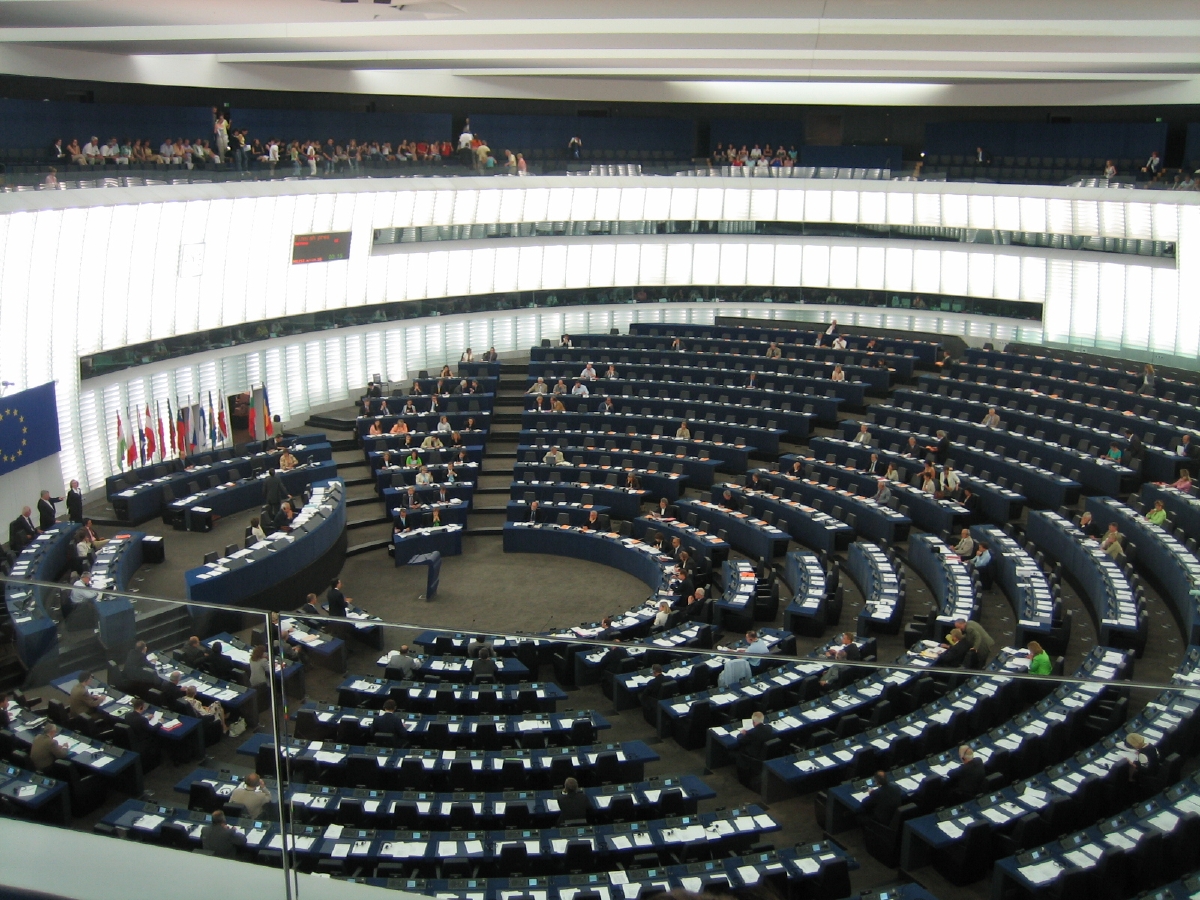By Eric Olson

Photo: Hémicycle (Strassbourg), License: Public Domain
European market watchers nervously anticipate the effects of the second Market in Financial Instruments Directive (MiFID II), the newest iteration of European Union investment services regulations. Called the European Union’s “most ambitious, yet controversial, packages of financial reform” by the Financial Times, MiFID II applies to European Union member states plus Iceland, Liechtenstein, and Norway starting on 3 January 2018.
The original MiFID took effect in September 2007 with the aim of increasing the competitiveness of the European markets through uniform controls, ultimately fostering the development of a European single market. The launch of MiFID, however, unluckily coincided with the onset of the financial crisis, the effects of which underscored the shortcomings of the regulations. Because MiFID I primarily focused on equities markets, the regulations were ill-equipped to handle the systemic pressures caused by the 2007 crisis.
In October 2011, the European Union began the process of revising MiFID I, spending the next two years debating various proposals and approving the final version of the regulations in 2014. Although MiFID II was originally set to take effect in 2017, in October 2015, the European Securities and Market Authority (ESMA) - the regulators in charge of MiFID II implementation - announced that due to the technical challenges of such a large-scale implementation, they would not be ready for a 2017 MiFID II launch. Because the law did not contain enough detailed guidance, the European Union delayed implementation by a year so ESMA could produce technical implementation standards.
MiFID II’s changes to investment regulation touch practically every aspect of investing. One of the largest changes in MiFID II is a shift from phone trading to electronic trading in order create a reliable record of trade transactions. For example, trades will now be timestamped to the millisecond, and traders must keep this data on file for at least five years. MiFID II also imposes new regulations on research data used by asset managers to make investments. Previously, traders received data for free, imposing the research costs on their clients through trading fees. Now, traders must budget for trading and research separately, with the goal of providing clients a research trail that allows them to evaluate the efficacy of their asset managers.
Importantly, non-European traders must also carefully examine the new regulations because any European investments and research data could fall under the purview of the MiFID II regulations. U.S.-based firms especially should heed any guidance the SEC, which has the power to waive some MiFID II rules (such as the prohibitions on direct payment for research) as applied to U.S. traders. On 26 October 2017, the SEC issued three letters providing temporary guidance to financial markets investors detailing how the MiFID II regulations apply to U.S. investors, promising permanent guidance regarding the regulations in thirty months. The SEC, and the global financial sector as a whole, will surely be watching Europe closely after MiFID II’s commencement in early January 2018 to see the positive or negative effects of MiFID II on the market.
MiFID II’s changes to investment regulation touch practically every aspect of investing. One of the largest changes in MiFID II is a shift from phone trading to electronic trading in order create a reliable record of trade transactions. For example, trades will now be timestamped to the millisecond, and traders must keep this data on file for at least five years. MiFID II also imposes new regulations on research data used by asset managers to make investments. Previously, traders received data for free, imposing the research costs on their clients through trading fees. Now, traders must budget for trading and research separately, with the goal of providing clients a research trail that allows them to evaluate the efficacy of their asset managers.
Proponents of MiFID II argue that the regulations will achieve their goals of increased transparency, while also creating uniform, efficient market structures. However, financial analysts fear that the wide-reaching regulations could negatively disrupt the market. Regardless of one's opinion, to prepare, market traders must effectively understand how the 1.4 million paragraphs of new rules will affect their work in the European financial markets.
Importantly, non-European traders must also carefully examine the new regulations because any European investments and research data could fall under the purview of the MiFID II regulations. U.S.-based firms especially should heed any guidance the SEC, which has the power to waive some MiFID II rules (such as the prohibitions on direct payment for research) as applied to U.S. traders. On 26 October 2017, the SEC issued three letters providing temporary guidance to financial markets investors detailing how the MiFID II regulations apply to U.S. investors, promising permanent guidance regarding the regulations in thirty months. The SEC, and the global financial sector as a whole, will surely be watching Europe closely after MiFID II’s commencement in early January 2018 to see the positive or negative effects of MiFID II on the market.








